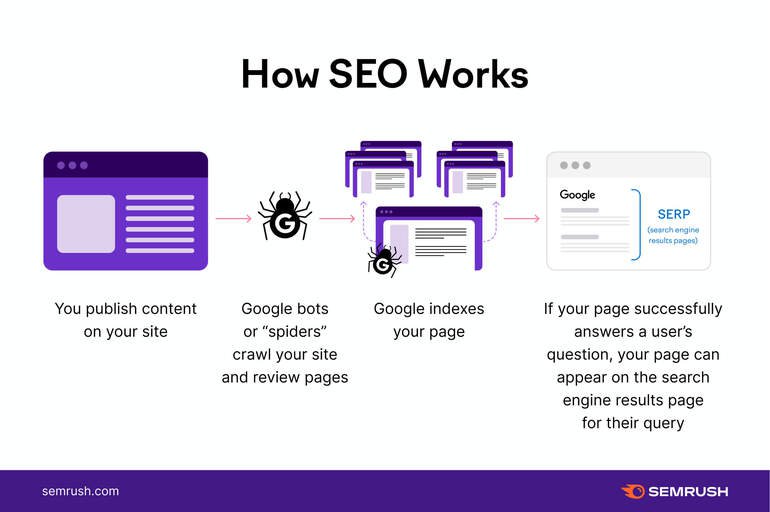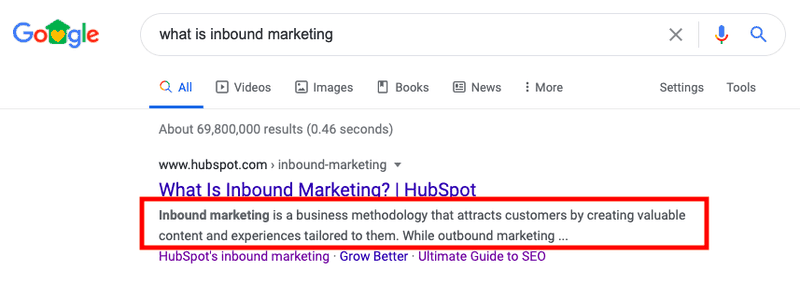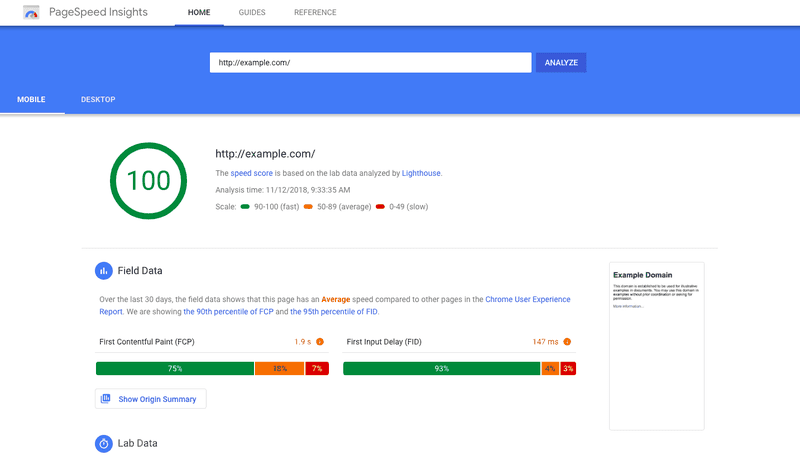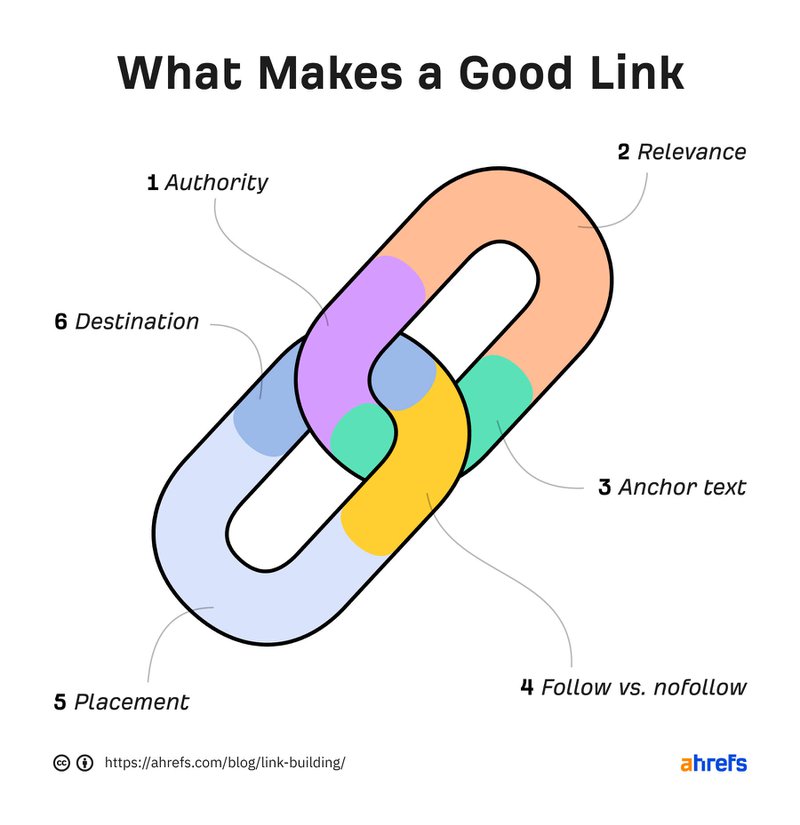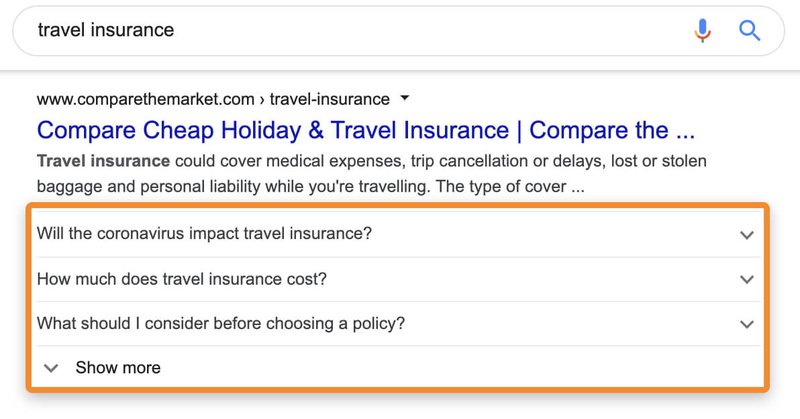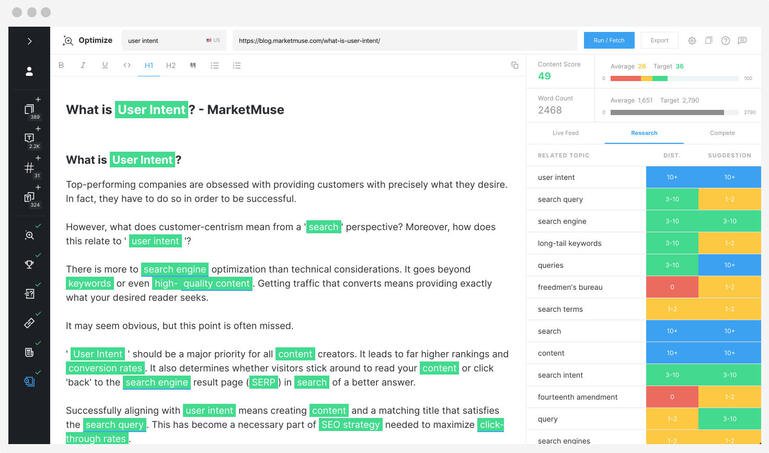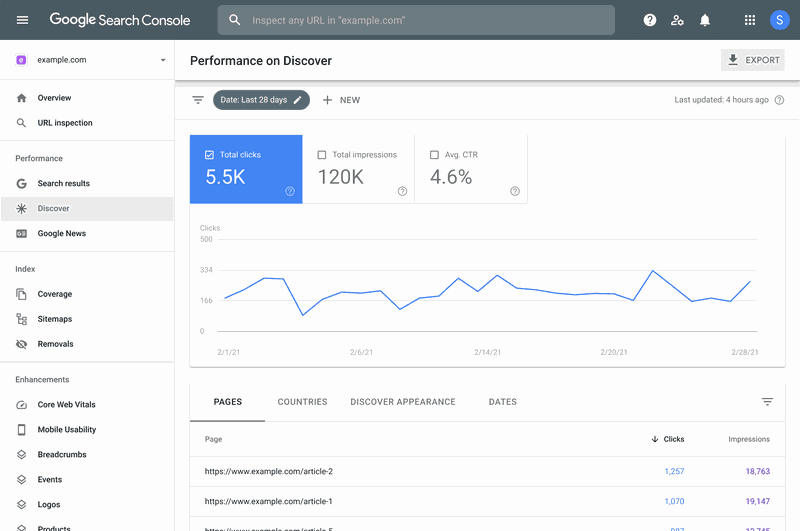The Beginner's Guide to SEO - How to Rank Your Content Fast in 2026
Everything you need to know about Search Engine Optimization (SEO). We cover keyword research, technical SEO, on-page and off-page optimization, and content strategy.
Published November 5, 2024

So many marketers are scared of the big bad wolf - SEO.
Yet, search engine optimization is one of the most important aspects of digital marketing. It's also a complex process with many different moving parts.
And the bottom line is - you just can’t ignore it. It’s one of the best ways to get steady traffic to your site, without having to pay for ads. It’s super cost-effective and it helps support all your other marketing channels.
In this guide, we will help you understand why it’s so important and how to get started on your own SEO strategy.
Let’s dive in.
What is search engine optimization (SEO)?
Search engine optimization (SEO) is the process of improving the visibility of a website or web page in the organic search results of major search engines. To get that visibility you need to understand a few key things:
- How search engines work to discover, index, and display content
- How to optimize your website so that it ranks well on search
- What types of content your ideal customers are looking for and how to create content that meets their needs
And since SEO is a constantly changing industry (as most SEO consultants already know), you need to always keep track of the following:
- New trends (voice search)
- New algorithm updates
- New search features (new schemas, rich snippet)
- How your own audience and their preferences are changing
- New advances in tech and AI and how that could impact your search results
But first, you need to understand how SEO works.
Why is SEO important for marketing?
SEO is important for marketing (and for any digital marketing agency or an ecommerce SEO agency) because it helps you get more organic traffic, conversions, authority, and trust. In the end, the goal is to build brand awareness and increase your organic search rankings in search engines so that people can find you when they search for your products and services.
Studies show that 68% of online experiences begin with a search engine so if you’re not visible on SERPs, you’re missing out on a large chunk of business.
How does SEO work?
SEO sounds complicated but it's really simple. Search engines use bots to crawl your site's pages. Next, algorithms analyze all the text and images, and various elements on each page and then rank it based on hundreds of ranking factors and signals.
Once the page is indexed then it begins to rank for different keywords or search queries. And the more you develop your content, the more pages you have, the more authority you build in a specific topic or niche, the better your ranking is.
Google has been prioritizing the user experience a lot in the last few algorithm updates so that's become a really important factor for the success of your SEO efforts. You need to optimize things like - site speed, mobile friendliness, usability, and the number of visuals you use.
That's how SEO works in a very broad stroke. Let's break down the main aspects of SEO in more detail:
Keyword research
Every SEO expert knows that keyword research is one of the most important aspects of your SEO strategy. Searchers use specific keywords to search for a product and service and you need to make sure that you create high-quality content around those keywords and match the user intent.
Keyword research takes a lot of different factors into account, such as:
Keyword search volume - how many searches does this keyword get per month? Is it popular? You want to pick keywords that are popular to maximize your traffic.
Keyword difficulty - how hard is it to rank for this particular keyword? Take a look at the other search results and see how many external links they have, what their domain authority score is, and how extensive their content is on the topic.
Search intent - is the user looking for information? looking to buy? comparing different products? or trying to navigate to the right website? Each of these search intents would require a different piece of content.
Relevant content - what is the type of content that shows up when you search for the keyword? Is it mostly home pages? blog posts? product pages? Try to match your content to what Google displays for each search term.
Keyword frequency - how often is the keyword used on the page? Avoid keyword stuffing, or inserting your keyword way too many times into your piece of content.
Use keyword research tools like Ahrefs or Semrush to find the most relevant keywords for your business and compare the different search results to automate the process.
On-page optimization
Keyword research is the beginning stage of a broader practice called on-page optimization and it includes optimizing all the various elements on your page to get maximum exposure and improve your keyword rankings.
On-page SEO includes many different factors: title tags, meta descriptions, internal linking, and keyword research. Let's look at each one.
Title tags
A title tag should be unique for each page on your website. It can be up to 70 characters long and should describe what the page is about in a concise manner. It's one of the most important factors in your click-through rate so make sure you make it engaging enough for searchers to click on.
Meta descriptions
Meta descriptions are shown below the title tag and they give the searcher a little more information on what your page is about. Meta Descriptions should be 150 characters, so it's important that you keep them short but descriptive, and include your keyword phrase in them.
URL structure
URL structure is another important aspect of your strategy. It helps the user navigate your site and signals to the search algorithm what your page is about. Unless you're a news site you should avoid long URLs at all costs. If you were publishing a super awesome SEO guide, instead of "/super-awesome-SEO-guide-for-beginners-I-wish-my-mom-would-read-this/" you should just use "/SEO-guide/".
Site speed
Page speed is another super important factor in SEO. As consumers continue to gravitate towards instant gratification and convenience, they are also becoming more impatient with websites that don’t load in a timely manner. If your website is slow to load, it will likely negatively impact your search engine rankings and conversion rates.
Use Google's PageSpeed Insights Tool to check the speed of your site. Enter the URL of your homepage and get an overall speed score.
Then, look at the First Contentful Paint (FCP) load time. The FCP indicates that your page has started loading content for users and it should ideally load in under 2 seconds. Reach out to your dev team to fix any broken scripts, compress images, and improve your site speed.
Off-page optimization
Off-page optimization deals with everything that's off your site. It's essentially the process of getting other websites to link back to your website. This is important because Google looks at how many websites are linking to your site when determining whether or not they should rank it higher in their search results.
Link building
Link building is a cornerstone of SEO, as Google has stated over and over again that having authoritative backlinks is the most important ranking factor in their search engine algorithm.
Now, building links may not give you a spike in organic search traffic in the short term, but it will help improve your search engine rankings in the long term.
You need external links from high-quality authority sites in your industry. These are sites that have an established reputation with Google as being trusted sources for information about your industry or niche area.
To get these types of links, you can try:
- Link building - reach out to blogs in your industry and ask them if they would be willing to link back to one of your articles on their site.
- Blogging - create valuable content that other people will want to share with others. This will help build more authority for you in your particular niche and help you get more link-building opportunities in the future.
- Guest posting - write an article for another site or industry blog and get a link back to your page. You can also guest post on sites that are related to yours and then use that content as a way to get new readers and link juice to your own blog.
- PR - send out press releases and get published on large online publisher sites.
- Expert roundups - participate in expert roundups where each expert answers a specific question and then all the answers get published in a blog post.
- Broken link building - email authority blogs in your niche, tell them they have broken links, and suggest they link to your content.
- Surveys - participate in surveys and get a link back to your blog or company page. Another option is to run a survey and then pitch it as a press release.
Technical SEO
Technical SEO is a set of best practices for structuring and formatting a website to make it crawlable and indexable by search engines.
First, make sure that your site is created in such a way that search engine bots can easily crawl through every page of it. If you have weak internal links or broken links across pages, this can cause major issues with how well your content ranks in SERPs.
Next, you want to ensure that any images are properly labeled so they show up correctly when someone searches related words within Google's image search results.
This ties well into rich results which are special features that give you more visibility in the search results such as - review stars, images, FAQs, and more.
The way to get that visibility is by using the right schema markup for Google to know the types of content you have. For example, you should use the article schema on each of your blog posts, and the FAQ schema for your frequently asked questions.
Pro tip: determine what the most important terms are for your website, and then do some research on which images are being used to represent those terms. Then, create images that would rank well for those keywords and add them to your pages.
SEO content optimization
SEO touched upon content marketing quite a bit because you need to create content that will rank well and provide a positive user experience. Content optimization is the process of making your content most meaningful and useful to users, as well as more “search-engine friendly.”
Here are a few key things to look for:
- Keywords - Use keywords in your content, but don't overdo it. You can find out which keywords are relevant to you by using an SEO tool like Ahrefs or Semrush.
- User experience - Create content that is helpful and provides value for users. Your goal should be to provide them with answers to their questions and everything they want to know about a specific topic.
- Use visual content - use images, videos, GIFs, and infographics to display your content visually and break up your long-form content into smaller chunks.
Use a marketing plan template or a content calendar to map out all of your content for each SEO campaign.
Content structure
Search engines look at how well you have optimized your site structure for both users and search engines.
Use headings and subheadings to break up content into sections, which makes it easier for users to find what they’re looking for and easier for search engines to understand how you group your content.
Make sure the page is easy to navigate with links. Link to valuable resources both on your own site and externally to add to the user experience.
Content strategy
Another critical aspect of optimizing your content for SEO is planning all the different content you'll be publishing for the next 3-6 months. A solid content strategy is a long-term plan for what content you will create and how you will present it to your audience.
Use a content strategy to:
- Avoid duplicate content issues
- Connect all your pieces of content together
- Plan your content promotion efforts for each marketing channel
- See where each piece of content fits into the customer journey
Content strategy is an important part of SEO because it helps you create more engaging content that ranks well on SERPs and drives traffic back to your site.
Mobile SEO
Mobile search is the future. If you’re not optimizing your site for mobile, you’re leaving money on the table. Google recently switched to mobile-first indexing which means that Google uses the mobile version of your website to evaluate its relevance to a search query. If you don't optimize your site for those smaller screen sizes then you can lose out on a lot of traffic.
Measuring and optimization
Last but not least, you have to go back and analyze your SEO results on a regular basis. Use Google Analytics to see the type of traffic you get and various engagement metrics (bounce rate, visit duration) on each piece of content. Use Google Search Console to see if you have any errors that need to be fixed and make sure that all your pages are indexed.
Don't just leave things to chance. Run A/B tests by testing hypotheses and go back to see the impact on search rankings. The more methodical your strategy is the better.
Unlock the benefits of SEO with the right strategy
It’s important to remember that SEO isn’t a magic bullet. It takes time and effort to rank high in search results, so don’t get discouraged if your site doesn’t skyrocket overnight. Looking for the right SEO agency or expert to take this channel to the next level?
We've got a community of 600+ vetted experts, come find the perfect SEO expert today.
FAQs
What is SEO and how it works
SEO stands for search engine optimization which is the process of getting traffic from organic search results. The goal is to improve the site's position in the search results and get more traffic and leads. It's sometimes referred to as search engine marketing.
What are the 4 types of SEO?
There are four main types of SEO and they are - on-page SEO, off-page SEO, technical SEO, and local SEO.
What are the benefits of SEO?
There are many benefits of SEO including - it boosts credibility, increases your online presence, and gets you more organic traffic, leads, and sales. It also supports your content marketing, doesn't cost anything, helps you reach more people, and gives your business a competitive advantage.
Why is SEO important?
SEO is important because it is one of the most powerful online marketing channels that has the ability to bring a ton of organic traffic to your site, which means more conversions, and more business growth.
How do you do SEO step by step
The SEO step-by-step tutorial:
- Find your target keyword
- Put keyword in the page title
- Put keyword in the page URL
- Put keyword in your meta title + meta description
- Use keyword in the page's content
- Build links to your site
- Monitor your rank
- Optimize and refresh content regularly to increase rank
What are the 3 C's of SEO?
The fundamentals of SEO can be boiled down to the 3 Cs - content, code, and credibility. It's important to have good online content, use the right schema code, and position yourself as an authority on the subject.
What are the 5 important concepts of SEO?
There are five main steps to SEO:
Keyword research - find the search queries people use to search for products and services.
Content creation - create the right content for these searchers.
On-page SEO - optimize your pages to be as clear as possible.
Link building - build inbound links from reputable sites.
Technical SEO - use the right schema code to get the rich snippet.
